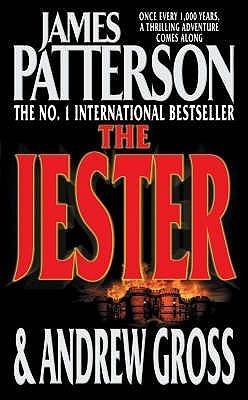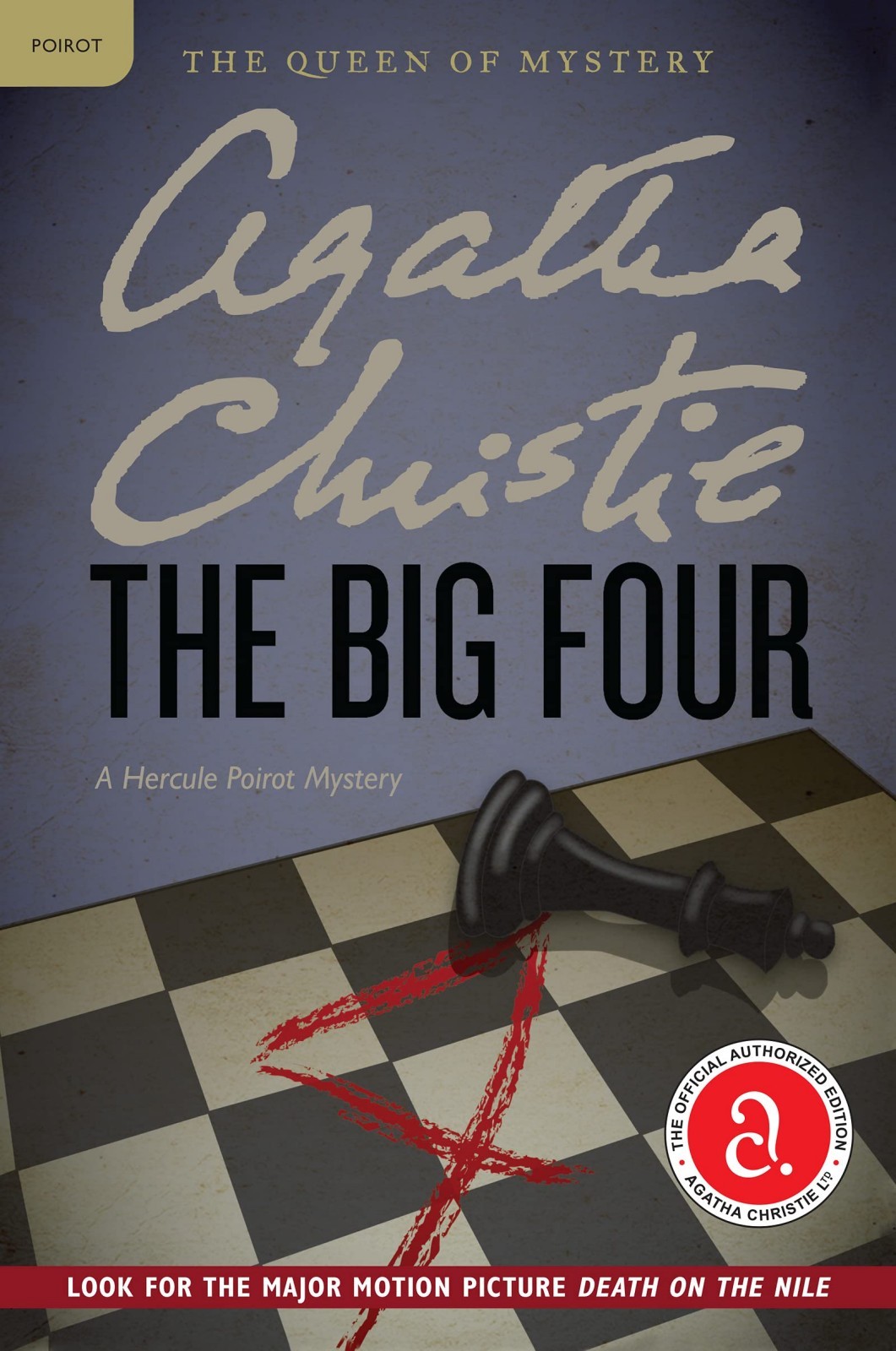The Jester
Title: The Jester

Author: James Patterson
Published in: 2003
Date read: 11th May 2013
Score: 4/5
Genre: Historical fiction, Thriller
Plot: (Warning, may contain spoilers):
"The Jester" by James Patterson, co-authored with Andrew Gross and published in 2003, is a standalone historical thriller that diverges from Patterson's usual contemporary crime series. Set in the tumultuous medieval period, it tells a tale of vengeance, survival, and the clash between common folk and powerful lords.
The story begins in the year 1096, in the humble French village of Puy-de-Dôme. The protagonist is Hugh De Luc, a simple and respected jester, renowned for his wit and his beloved family: his beautiful wife, Elodie, and their young daughter, Fleur. Their peaceful lives are shattered by an act of horrific brutality when the village is suddenly attacked and razed by a band of ruthless, heavily armed knights, led by the sadistic Baron Jean-Luc.
In the carnage, Hugh's entire family is slaughtered, and he is left for dead amidst the burning ruins. Miraculously, Hugh survives, but he is utterly broken, consumed by grief and an insatiable desire for revenge. With nothing left to lose, he vows to hunt down every single knight responsible for the massacre, no matter the cost or the distance.
His quest for vengeance takes him across the violent and unpredictable landscape of medieval Europe. Hugh, no longer a jester but a man fuelled by a dark purpose, uses his intelligence, his knowledge of disguise, and a newfound ruthlessness to track his targets. He gradually transforms from a simple entertainer into a cunning and dangerous avenger.
Along his journey, Hugh encounters various characters, some who offer fleeting aid, others who represent the pervasive cruelty and injustice of the era. He navigates treacherous feudal politics, religious fanaticism (particularly the looming shadow of the First Crusade, which many knights are preparing for), and the harsh realities of a world where might often makes right.
The novel is characterized by its fast pace and stark portrayal of medieval life. It explores themes of loss, revenge, the moral compromises one makes in the pursuit of justice, and the enduring human spirit in the face of overwhelming tragedy. The "jester" title becomes ironic, as Hugh performs no tricks for laughter, but for survival and the grim satisfaction of retribution.
The climax involves Hugh finally confronting Baron Jean-Luc and the last remaining knights responsible for his family's destruction. This culminates in a brutal and final showdown where Hugh must draw upon all his newfound strength and cunning to achieve his ultimate, bloody vengeance.
Comments:
I gave this book a go because I really like the other James Patterson books. Although it was not the type I thought that I would like, I really enjoyed it.
Books that we've read by James Patterson (32):
Along Came a Spider (Alex Cross, #1) (1993), Kiss the Girls (Alex Cross, #2) (1995), Jack & Jill (Alex Cross, #3) (1996), Cat & Mouse (Alex Cross, #4) (1997), Pop Goes the Weasel (Alex Cross, #5) (1999), Roses Are Red (Alex Cross, #6) (2000), 1st to Die (Women's Murder Club, #1) (2001), Violets Are Blue (Alex Cross, #7) (2001), 2nd Chance (Women's Murder Club, #2) (2002), Four Blind Mice (Alex Cross, #8) (2002), The Big Bad Wolf (Alex Cross, #9) (2003), The Jester (2003), 3rd Degree (Women's Murder Club, #3) (2004), London Bridges (Alex Cross, #10) (2004), 4th of July (Women's Murder Club, #4) (2005), Mary, Mary (Alex Cross, #11) (2005), 5th Horseman (Women's Murder Club, #5) (2006), Cross (Alex Cross, #12) (2006), The 6th Target (Women's Murder Club, #6) (2007), Double Cross (Alex Cross, #13) (2007), 7th Heaven (Women's Murder Club, #7) (2008), Cross Country (Alex Cross, #14) (2008), 8th Confession (Women's Murder Club, #8) (2009), Alex Cross's Trial (Alex Cross, #15) (2009), I, Alex Cross (Alex Cross, #16) (2009), The 9th Judgment (Women's Murder Club, #9) (2010), Cross Fire (Alex Cross, #17) (2010), 10th Anniversary (Women's Murder Club, #10) (2011), Kill Alex Cross (Alex Cross, #18) (2011), 11th Hour (Women's Murder Club, #11) (2012), Merry Christmas, Alex Cross (Alex Cross, #19) (2012), Alex Cross, Run (Alex Cross, #20) (2013)
This page was updated on: 11th August 2025

